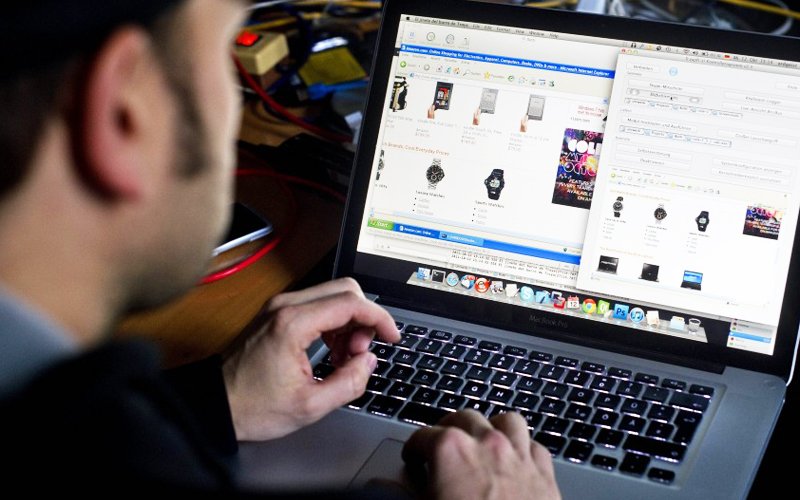PETALING JAYA: Malaysia will face frustration in trying to achieve its digital economy aspirations unless these are supported by a proper ecosystem that is yet to be seen, according to a policy expert.
Bobby Varanasi, an exco member of the Malaysia Australia Business Council, noted that the adoption of digital technologies was not widespread enough to have a meaningful effect on the economy.
He told FMT the changes needed should be primarily driven by the private sector.
Private concerns could improve upon the country’s limited infrastructure and outdated systems and widen broadband access, he said.
Varanasi referred to infrastructure as a key part of a “holistic digital economy ecosystem” but said its development was currently too reliant on telcos.
He said there must be incentives to encourage non-telco corporations to invest in infrastructure to bring about an inclusive atmosphere.
The first thing that needed to be done was to give people outside big cities access to high-quality broadband at affordable prices.
It was becoming increasingly difficult to operate a business without affordable and high-quality broadband, he said.
“There are only around five million broadband users in the country. 4G is not broadband. You can go online with 4G but you can’t run a business on it.”
He said the next step would be to ensure the economy can run totally cashless so that retailers and service providers are not beholden to the providers of e-wallets and subjected to fees that may be too expensive for them.
He noted that commodity farmers in India had been trading items like rice and pepper online for decades.
These farmers can fix prices and secure future purchase orders the way one might trade in commodities such as oil and gold. Vanarasi called this “actually inclusive economics”.
He said a true digital economy required an inclusive universal payments system.
“Currently, if we look at the e-wallets in the country, they function on the Real-time Retail Payments Platform (RPP), which is owned and managed by PayNet.
“But outside of e-wallet providers, few can operate on this RPP. In India, I can buy a curry puff from a seller digitally and directly without either of us having to use an e-wallet. That is a true cashless society.”
Many small traders, he said, could not afford to partner with e-wallets, which would typically take a cut off their sales.
Varanasi proposed that the Malaysian public and local businesses stop trying to imitate what Americans were doing, saying he believed it would be more beneficial to solve the problems of farmers and fishermen than to emulate Silicon Valley.
“We don’t talk about these guys,” he said. “We speak about our problems like we are Americans, but we don’t need another Google.”
He described the current budget measures as short term by design and said there must be a heavier emphasis on inclusiveness, the development of infrastructure and the unlocking of potential.

